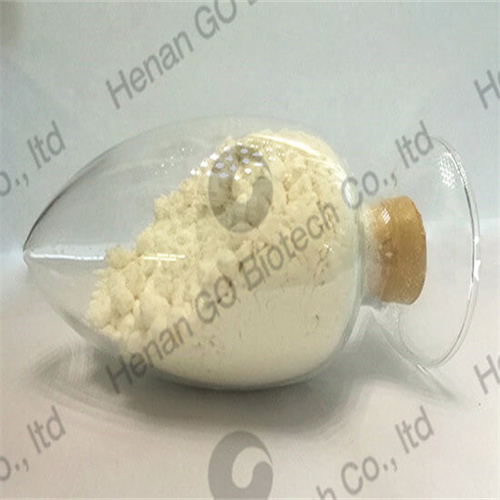In recent years, the increasing need for effective wastewater management has led to innovative approaches to enhance treatment processes. One such innovation is the utilization of polyacrylamide (PAM), a polymer that has shown remarkable potential in improving the efficiency of fermentation wastewater treatment.
.jpg)
Polyacrylamide operates as a flocculant, binding small particles in wastewater to form larger aggregates, which can be more efficiently separated during treatment. This process not only enhances sedimentation but also improves overall treatment efficiency, making it a valuable addition to wastewater facilities.

Utilizing polyacrylamide in fermentation wastewater treatment processes represents a significant step towards enhancing operational efficiency and promoting environmental sustainability. As industries continue to seek effective solutions for their wastewater management challenges, PAM will undoubtedly remain a cornerstone in the quest for cleaner and more sustainable practices.

